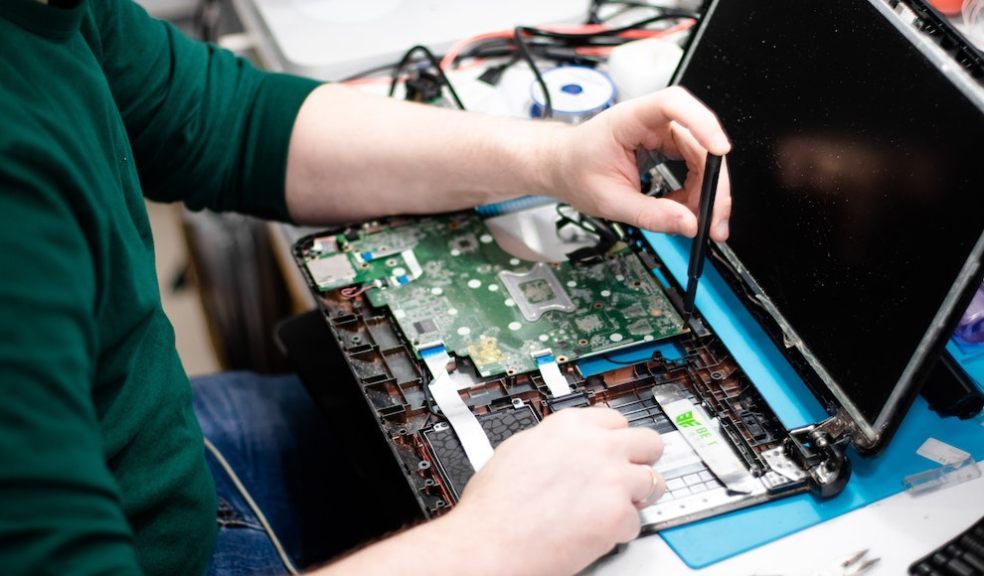
Repair Your Laptop and Repair the Planet
Black Friday, Cyber Monday, the January Sales. These are the times when astute shoppers head for the out-of-town retail parks and trawl the internet looking for the bargain electrical items to replace all those that have failed or become unreliable. PCs and laptops, TVs and microwaves, washing machines and kettles. Often the faults are quite simple, a dodgy switch, a loose wire or a blown fuse. And just as often all these faults would be equally straightforward to repair.
There was a time when the first answer to all such problems was to seek ways to repair broken items. There was either a man in the town who could repair anything and everything or you did it yourself. Everything from putting new heels on a pair of shoes to soldering a patch on a metal bucket.
At a time when money was scarce and commodities were few, repairing was the only viable option. People even took pride in explaining how many times an item had been repaired and yet was still able to fulfil its designated purpose. But then, with increasing affluence, the appeal of the new and trendy overtook the appeal of the old and trusty,
Manufacturers took full advantage of cheaper materials and more efficient production methods so that items that once were “built to last” were replaced with this year’s model and the latest colours. Things became easily replaceable and increasingly less repairable. Repair shops began to disappear off the high streets and a new generation of consumers was born. Repair became a dirty word.
With rapidly accelerating technological advancements this cycle of buy use replace has also accelerated, and no more is this more vividly illustrated than in the field of Information Technology.
IT equipment and peripherals have always been regarded by most users as disposable or throw-away items as soon as problems start to occur, and that is exactly what they did – throw them away. In fact, a noisy fan or dodgy port was often seen as an acceptable reason to cast out an old pc or tablet and an opportunity to buy something newer and faster than the one before in a never-ending race to possess the best available.
However, there are indications that this throw away attitude is slowly changing, and that is because the whole world is changing. Never before has our over exploitation of the earth’s precious resources been under so much scrutiny. And never before have has our personal responsibility for the consumer choices we make, been so critical to the future of our planetary home.
In January 2023 the BBC reported on the increasing desire for people to not just have their faulty items repaired, but also to acquire the skills and expertise to repair them for themselves. Instead of going out and purchasing new gadgets, an army of volunteers across the UK are urging people to repair their old ones and to cut down on the level of waste going into landfill.
One such repair centre is the Fixing Factory on a high street in Camden, north London, which opened at the end of October, 2022, following the success of a similar centre in neighbouring Brent.
The Camden workshop is currently lined with shelves of full of cast-off broken goods awaiting careful repair, such as heaters, toasters, cameras and lamps. All are waiting patiently for the loving attention from a host of retired engineers, ready to pass on their skills, and willing volunteers desperate to learn, and all of them eager to make a difference.
Project manager, Dermot Jones explains the underlying ethos behind this eagerness,
"A lot of us are feeling pretty powerless in the face of the climate crisis,"
"Throwaway consumerism and the escalating cost of living just compounds that powerlessness."
“Enabling people to get "hands-on" with repairing their own stuff hands them back some of this lost power.”
IT repairs specialist Tekeurope would agree with this sentiment.
“We have seen an increased demand for repairs amongst our customers due to the lack of availability of new products post COVID-19, the cost savings offered and the desire to lessen their environmental impact.”
And if it is better for the environment, in the long term it has to be better for all of us as well.













